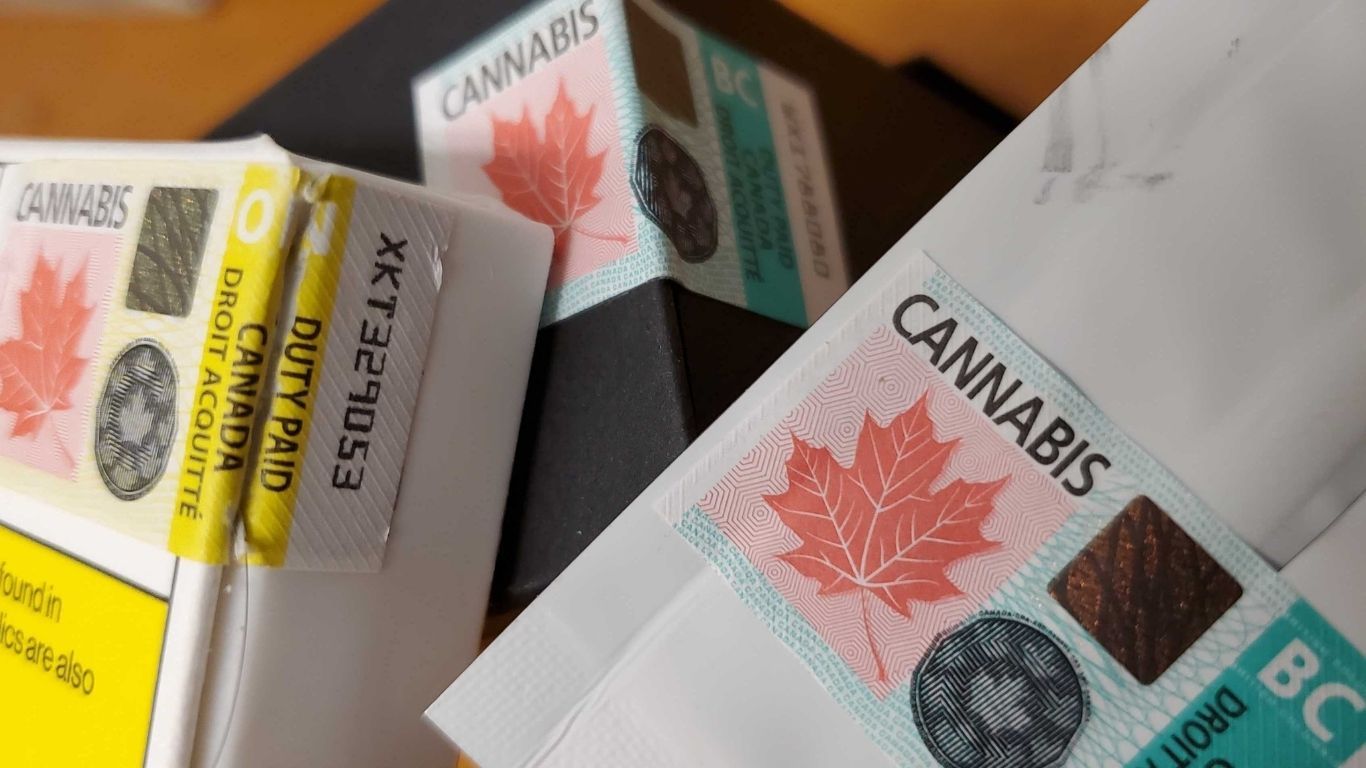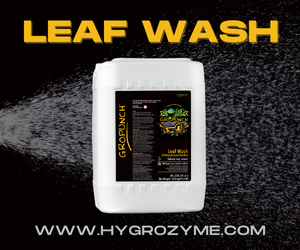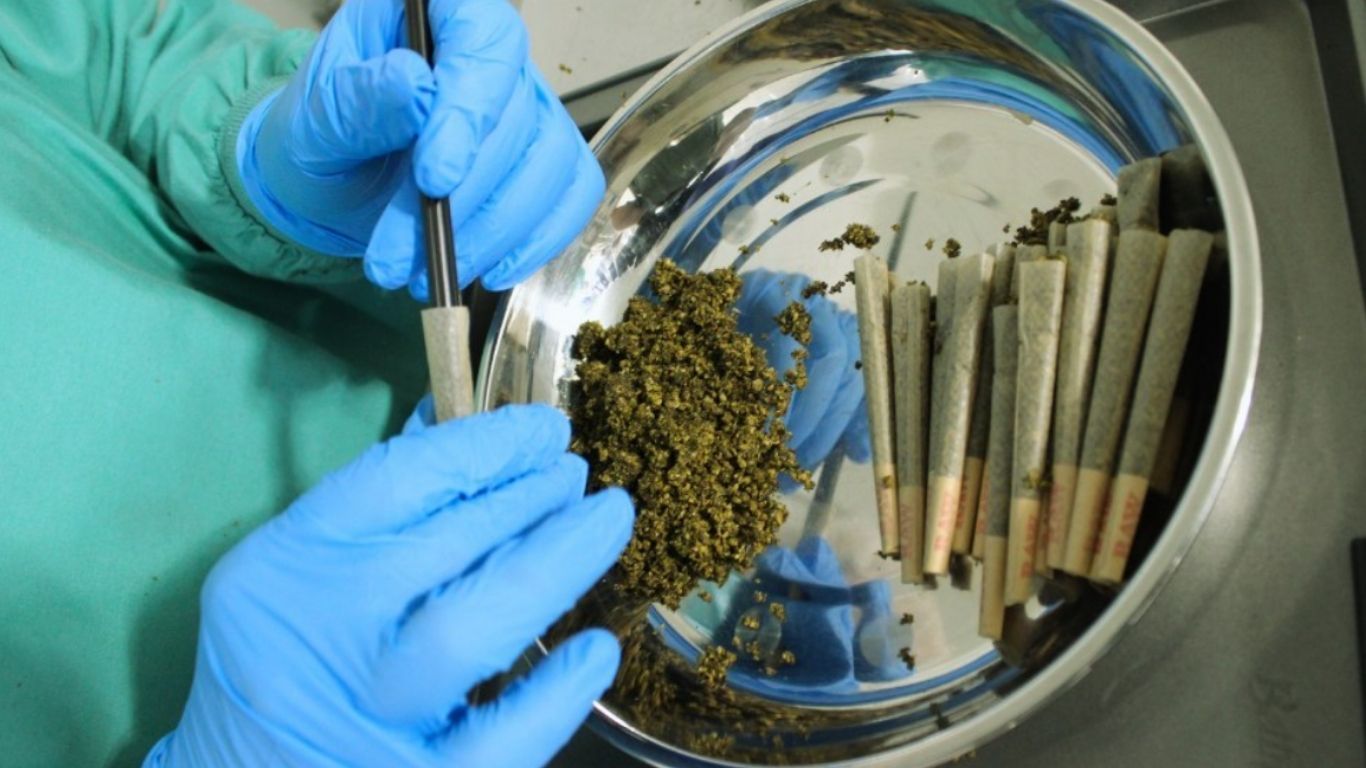
New changes recently announced by the Canada Revenue Agency will make it easier for cannabis producers to help each other sell products in different provinces.
The changes, first proposed in April 2022 and passed in December, will allow some cannabis producers to enter into agreements with other producers to transfer packaged or unpackaged cannabis products and cannabis excise stamps to another licensee. These products can then be sold directly into the market in the receiving producer’s own province or sent back to the original producer.
These changes are significant, say several industry representatives, because they will better streamline inter-producer service agreements. Previously, producers could only send unstamped, bulk products to other producers to be packaged at their facility. Packaged products had to be pre-stamped for sale.
This was especially challenging for producers selling into the medical sales stream, explains Tom Ulanowski, the Chair of the C45 Quality Association, an industry organization.
“The fact that a producer can now send a fully packaged unstamped product to a medical LP, for them to then sell to those who are authorized to access medical cannabis products in any province, is huge. Prior to this, you had to pre-stamp, depending on the province of the patient, which you didn’t know at the time of stamping. That is very inefficient.”
However, Trina Fraser, a partner at Brazeau Seller Law and a specialist in cannabis law, points out that only those with both a processing licence as well as a medical sales licence can participate in such agreements. It does not currently apply to those with only a medical sales licence, but not a processing licence.
“We asked for this to be changed and were refused,” explains Fraser.
Fraser adds that medical sellers who are also processors can now buy fully packaged, unstamped cannabis products and stamp them themselves, with their own stamps, or they can take fully packaged unstamped products into their inventory, and then enter into an approved service agreement with their supplier and apply that supplier’s stamps to the products on a just-in-time basis.
Still, she says this is a significant change.
“There will undoubtedly be some kinks to work out but generally speaking I’m thrilled that we’ve gotten to this place. It has unlocked business plans for a number of clients.”
The CRA released a guidance document on January 16, further explaining the changes:
- Agreement for packaging: A particular cannabis licensee sends their cannabis products to another cannabis licensee for packaging. The other licensee returns the packaged, unstamped cannabis products to the particular cannabis licensee.
- Agreement for packaging and stamping: A particular cannabis licensee sends their cannabis products and cannabis excise stamps to another cannabis licensee for packaging and stamping. The other cannabis licensee affixes the particular cannabis licensee’s stamps to the cannabis products, and the packaged and stamped products are then entered into the duty-paid market from the other licensee’s premises when they are sold by the particular cannabis licensee, or they are returned to the particular cannabis licensee.
- Agreement for distribution: A particular cannabis licensee sends their packaged cannabis products and cannabis excise stamps to another cannabis licensee that affixes the particular cannabis licensee’s stamps. The packaged and stamped products are then entered into the duty-paid market from the other licensee’s premises when they are sold by the particular cannabis licensee, or they are returned to the particular cannabis licensee.
Dan Sutton, the CEO of Tantalus Labs, a cannabis producer in BC, says the changes will allow producers to focus less on doing all steps of the supply chain themselves.
“I applaud this progress on empowering a diversified supply chain validating the need for differentiated treatment and flexibility between primary input suppliers, intermediary processors, and ultimately consumer-facing brands. Glad to see progress on a move away from the original vertical integration intention of the wording of the MMPR and ACMPR regulations, towards healthy and reasonable supply chain segmentation and maturity.”
A licensee must apply in writing at least 60 days in advance to the CRA. Any activities done without authorization can be subject to a fine of up to $25,000.
Any licence holder that is part of such a service agreement needs to immediately notify the CRA in writing. More information on these changes is available here.

































